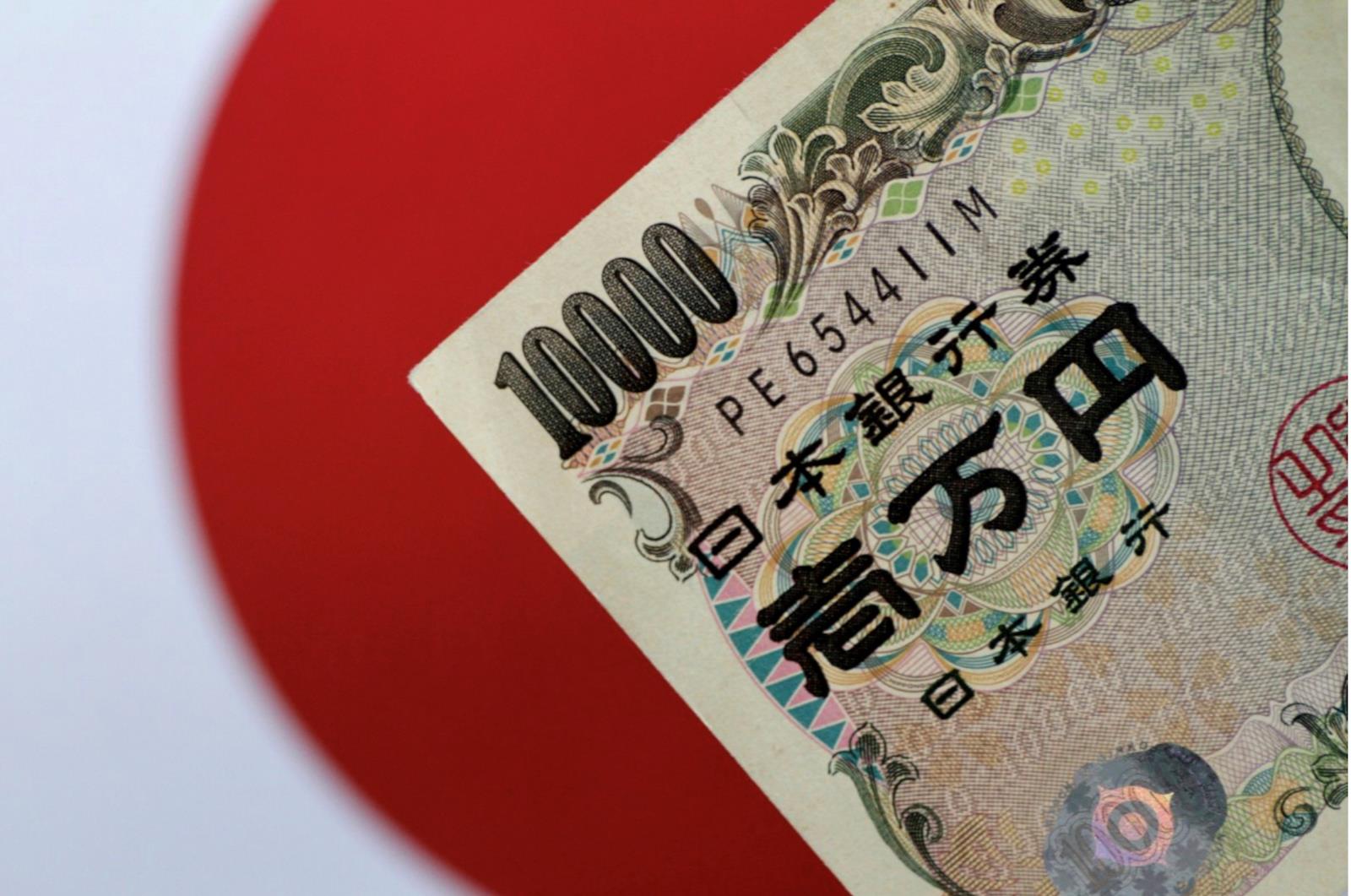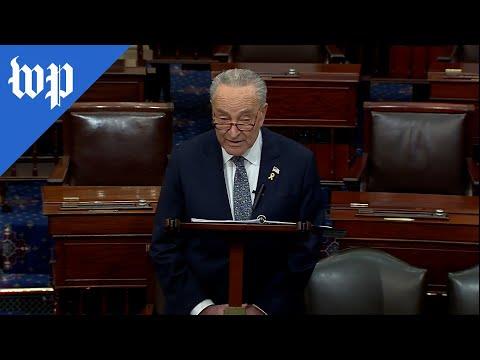
When Does Anti-Zionism Become Antisemitism?
Ray describes an appeal the Jewish community made to the Spanish king in 1354, describing the hatred they faced:
Treating Jews as scapegoats during times of hardship is an ongoing feature of Jewish history. Some 100,000 Jews were murdered in Eastern Europe as part of the struggles following the 1917 Russian Revolution. These attacks were followed by the tragedy of the Holocaust.
Jews were also targeted in riots in the Middle East and North Africa during the Second World War. During the Farhud of 1941 , for example, a violent mob attacked the Jews of Baghdad, killing up to 180 people, raping women and looting properties.
An awareness of this ongoing history of persecution is important to understand the trauma of the October 7 attack by Hamas in southern Israel, during which 1,200 people were killed (and some sexually assaulted) and around 240 were abducted. It was a watershed moment for Israelis, as well as the Jewish diaspora.
It also helps to understand the Jewish perspective on some of the rhetoric heard at global protests against Israel's subsequent war in Gaza – and more broadly against Zionism – since October 7. To many, this equates to antisemitism.
When anti-Zionism leads to antisemitismMuch ink has been spilt on the issue of whether protests against Zionism, or anti-Zionism, are inherently antisemitic.
Certainly, within the academic realm, anti-Zionism does not necessarily conflate with antisemitism. As Michelle Goldberg recently wrote , anti-Zionism can emerge from those who believe in the potential for Israelis and Palestinians to live together in the same state, or from well-intentioned concerns for Palestinian suffering, among other reasons.
However, when the real-life impact of anti-Zionism results in cries advocating for the killing of Jews, then it can only be understood as antisemitism. As is any criticism of Zionism or Israel that crosses the line into blatant racism or discrimination, demands to de-platform or exclude Zionists, the resurfacing of tropes and conspiracy theories about Jewish people, or the questioning of Israel's right to exist as a state.
On October 9, just two days after Israel's declaration of war against Hamas, a pro-Palestinian rally took place in Sydney with clear parallels to 1354. While the police may quibble as to whether the protesters' chants were“gas the Jews” or“where's the Jews”, for Jewish people, the intent was the same.

Police had advised the Jewish community not to attend the protest in Sydney. Photo: Dean Lewins / AAP via The Conversation

Russia's Crimea annexation looks a lot like ethnic cleansing Risks of wider war from Ukraine

Why Japan's big rate hike was a resounding dud
The crowd at another rally at the Victoria parliament chanted“Khaybar, Khaybar, the armies of Muhammed are coming.” This refers to attacks by the Muslim army against the Jewish tribe in Arabia in 628, when Jews were subjugated, expelled or slaughtered.
These hateful messages coincided with an unprecedented upsurge of antisemitism in Australia – an increase of 738% since October 7, according to the Executive Council of Australian Jewry. These acts included vile graffiti messages, the boycotting of Jewish businesses deemed“Zionist”, verbal abuse (including death threats), physical abuse and attacks on social media.
This rising antisemitism – as well as the lack of empathy and support many Jewish people felt in Australia following the October 7 attack – is what led to the formation of the Jewish creatives and academics WhatsApp group.
Its members were later shocked at the leaking of their chat with personal details and photos, as well as the threats and abuse some experienced. As Jewish historian David Slucki stressed , such doxxing has no justification.
Some have argued the release of the chat messages was whistleblowing because the group was trying to suppress pro-Palestinian voices. To Jewish members, however, this argument evokes ancient tropes of secret Jewish cabals. It also suggests that being Zionist automatically means one is anti-Palestinian. Such assumptions foster antisemitism, the clear outcome of the leak.
For example, the ongoing idea of Jews having“tentacles” that reach far and wide to control people was recently resurrected by Jenny Leong, a Greens MP for Newtown (who later apologized ).
Zionism's origin and evolutionTo understand what anti-Zionism is, one needs first to understand what Zionism means.
The word“Zion” stems from the bible. It refers to a mountain in Jerusalem where King David , one of the most revered figures in Jewish history who conquered Jerusalem in the 10th century, is believed to be buried.
Over millennia,“Zion” has come to refer to Jerusalem itself, as well as the Land of Israel. Zionism is also the Jewish national self-determination movement, which emerged in the 19th century to create a Jewish state in the Jews' ancestral homeland, Israel. This goal was achieved in 1948.
Before 1948, there were Jews who opposed the Zionist movement for different reasons. The ultra-Orthodox believed Jews had to wait for the coming of the Messiah and the creation of a theocratic state. Secular socialists, meanwhile, believed Jews needed to fight for full equality and self-determination in their own countries.
As he discusses in his autobiography , Jewish journalist Michael Gawenda grew up with such an anti-Zionist viewpoint, but gradually shifted his views on Israel. Then, he says, the world changed on October 7. As he suggests in a recent article , some of those criticizing Israel on the left today see the state as“the bastard child of an evil ideology.” He writes:
In a recent survey , 77% of Australian Jewry identified as Zionist and 86% agreed the existence of Israel was essential for the future of the Jewish people.
Many anti-Zionists today, particularly among the progressive left, however, believe Israel was“born in sin” as a racist, settler-colonial state. In their view, Zionists are pursuing ethnic cleansing, expulsions, theft, apartheid and genocide against the Palestinians.
These beliefs were also propagated by the Soviets from the early 1960s as part of their efforts to win over the Arab world.
It is important to stress that criticizing the Israeli government's actions towards the Palestinians is not inherently anti-Zionist. This includes legitimate criticism of Israel's conduct of the war in Gaza and the government's failure to set out clear plans for the aftermath of the war.
For example, US Senator Chuck Schumer, who is Jewish, recently strongly criticized the actions of Benjamin Netanyahu's government. Schumer is one of the most pro-Israel senators in US history. He cannot be considered an anti-Zionist.

Excerpt from Schumer's speech in Congress on March 14.
Conflicting definitions of antisemitism
In recent years, efforts have been made to define antisemitism to show how it intersects with attitudes towards Israel and to draw clearer lines explaining when anti-Zionism becomes antisemitism.
This culminated in the International Holocaust Remembrance Alliance's adoption of a working definition of antisemitism in 2016. While stressing that legitimate criticism of Israel is not antisemitism, seven of its 11 examples of antisemitic behavior relate to Israel. These include:
- denying the Jewish people their right to self-determination, for example, by claiming the existence of a state of Israel is a racist endeavor drawing comparisons of contemporary Israeli policy to that of the Nazis holding Jews collectively responsible for actions of the state of Israel.
To date, 38 nations have accepted this definition of antisemitism, including Australia in 2021.
Some scholars, including those who would consider themselves anti-Zionists, however, have rejected the definition and developed and signed another, known as the Jerusalem Declaration on Antisemitism .

Sign up for one of our free newsletters
- The Daily ReportStart your day right with Asia Times' top stories AT Weekly ReportA weekly roundup of Asia Times' most-read stories
A small minority of Jews who oppose Israel's existence as a Zionist state adhere to this definition. For other Jews, it is seen as more accurate because it is less prescriptive than the IHRA definition and also seeks to“clarify when criticism of (or hostility to) Israel or Zionism crosses the line into antisemitism and when it does not.”
For instance, it says criticizing or opposing Zionism“as a form of nationalism” is not antisemitic, while“denying the right of Jews in the state of Israel to exist and flourish” would be.
As Jewish historian Derek Penslar explains in terms of why he signed it:
Without a historical lens, it's not possible to fully understand the complex interconnections between anti-Zionism and antisemitism today.
Instead of the polarizing pro-Palestinian and anti-Zionist narratives we are currently seeing, our aim should be to work towards understanding each other's pain and learning to listen to each other with respect, even if we choose to agree to disagree. We seem to have a long way to go to achieve this goal.
Suzanne Rutland , Professor Emerita, University of Sydney
This article is republished from The Conversation under a Creative Commons license. Read the original article .
Thank you for registering!
An account was already registered with this email. Please check your inbox for an authentication link.

Legal Disclaimer:
MENAFN provides the
information “as is” without warranty of any kind. We do not accept
any responsibility or liability for the accuracy, content, images,
videos, licenses, completeness, legality, or reliability of the information
contained in this article. If you have any complaints or copyright
issues related to this article, kindly contact the provider above.
Most popular stories
Market Research

- Phase 6 Reaches 50% Mark As Mutuum Finance (MUTM) Approaches Next Price Step
- Cregis Releases 2025 Cryptocurrency Wallet Analysis
- Mutuum Finance (MUTM) New Crypto Coin Eyes Next Price Increase As Phase 6 Reaches 50% Sold
- Bydfi Joins Korea Blockchain Week 2025 (KBW2025): Deepening Web3 Engagement
- T-REX Launches Intelligence Layer To Fix Web3's Value Distribution Problem
- Forex Expo Dubai 2025 Conference To Feature 150+ Global FX And Fintech Leaders




















Comments
No comment